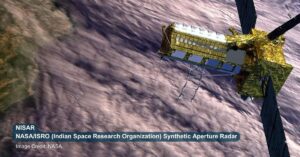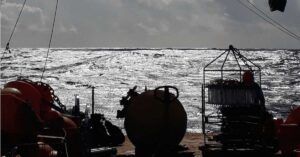The Intergovernmental Oceanographic Commission (IOC) of UNESCO's Commitment
The Intergovernmental Oceanographic Commission (IOC) of UNESCO will continue and further broaden its support to OARS. IOC, together with its partners, is committed to increasing the available data and information on ocean acidification, detecting the chemical changes while also identifying the impacts on marine life and related ocean services.
IOC is the custodian agency for the SDG indicator 14.3.1 “Average marine acidity (pH) measured at agreed suite of representative sampling stations” and will develop in the upcoming years a federated system to facilitate relevant data collection and comparison (Outcome 1 and 7).
IOC will continue its activities in developing the necessary capacity in observing ocean acidification, via online and in-person trainings. (Outcome 1, 3, 4)
IOC will facilitate the engagement of various stakeholders in identifying strategies to obtain ocean acidification information of relevance for different needs (Outcome 2)
IOC aims to close the fundamental knowledge gaps in measuring the biological impacts of ocean acidification in the framework of the GOA-ON biological working group (Outcome 4).
IOC will contribute to raising awareness about OARS and the risks related to ocean acidification, via events at international gatherings and related negotiations, e.g. IOC governing bodies, UNFCCC, and CBD processes (Outcome 6 and 7).
Last but not least, the IOC will maintain its engagement in the leadership of OARS and the related programme coordination, ensuring continuous secretarial support to GOA-ON, a main contributor to OARS.
Relevant OARS outcomes
Outcome 1: Quality Data
Outcome 2: Science to Action
Outcome 3: Observing Strategies
Outcome 4: Biological Impacts
Outcome 6: Public Awareness
Outcome 7: Policy Engagement
OARS programme support (e.g. funding)
Ocean Basin
Global




